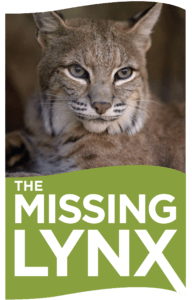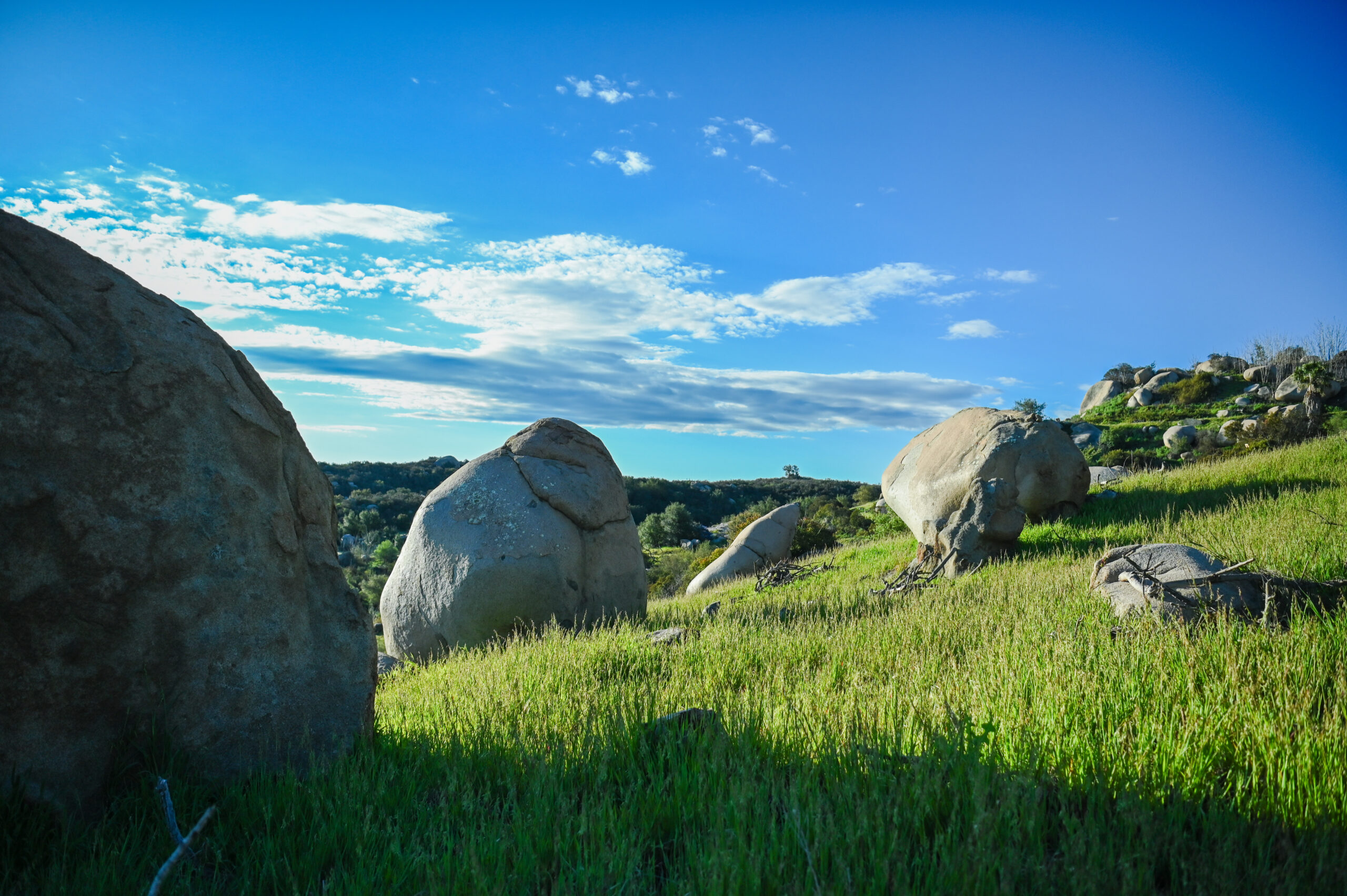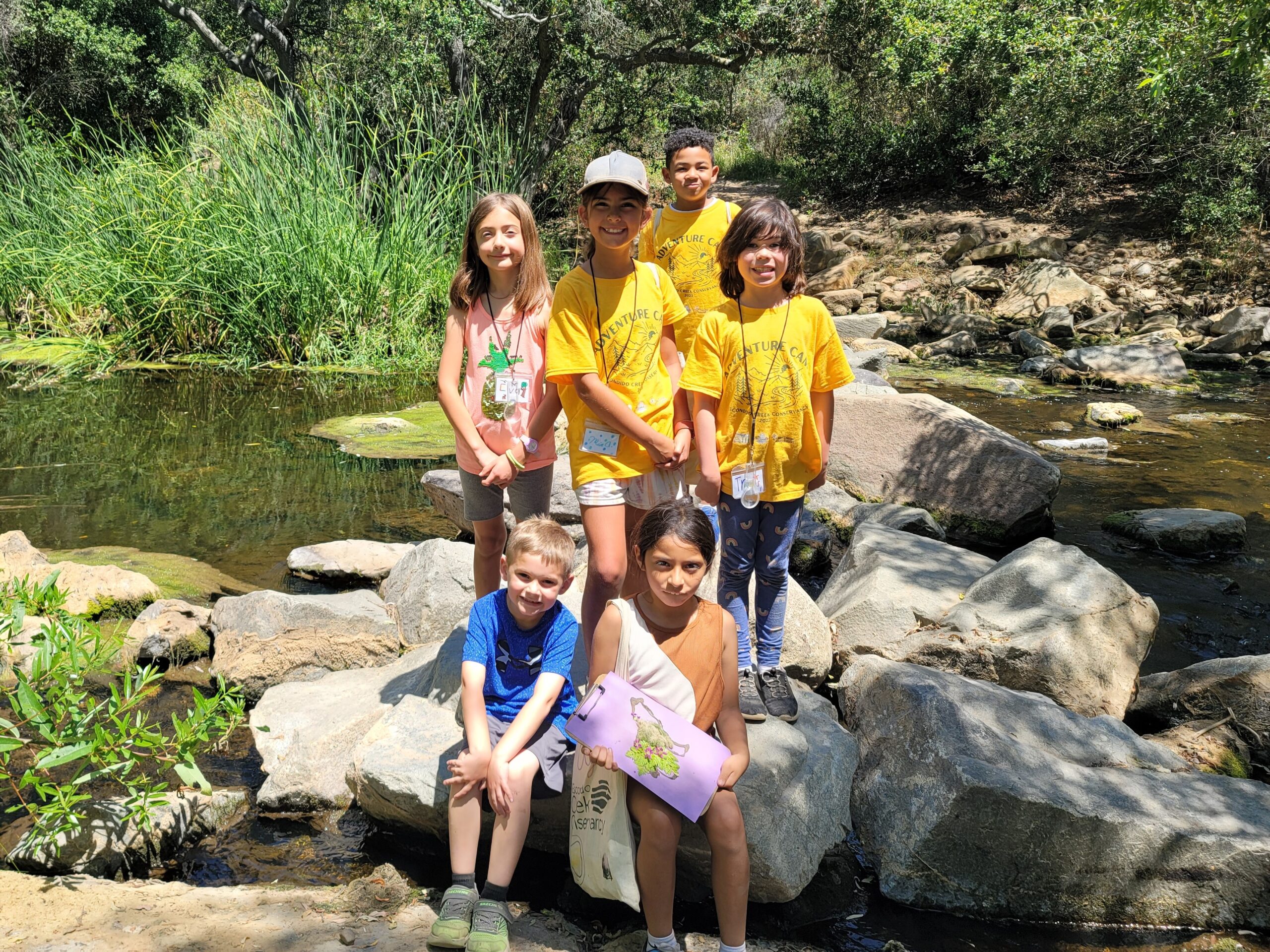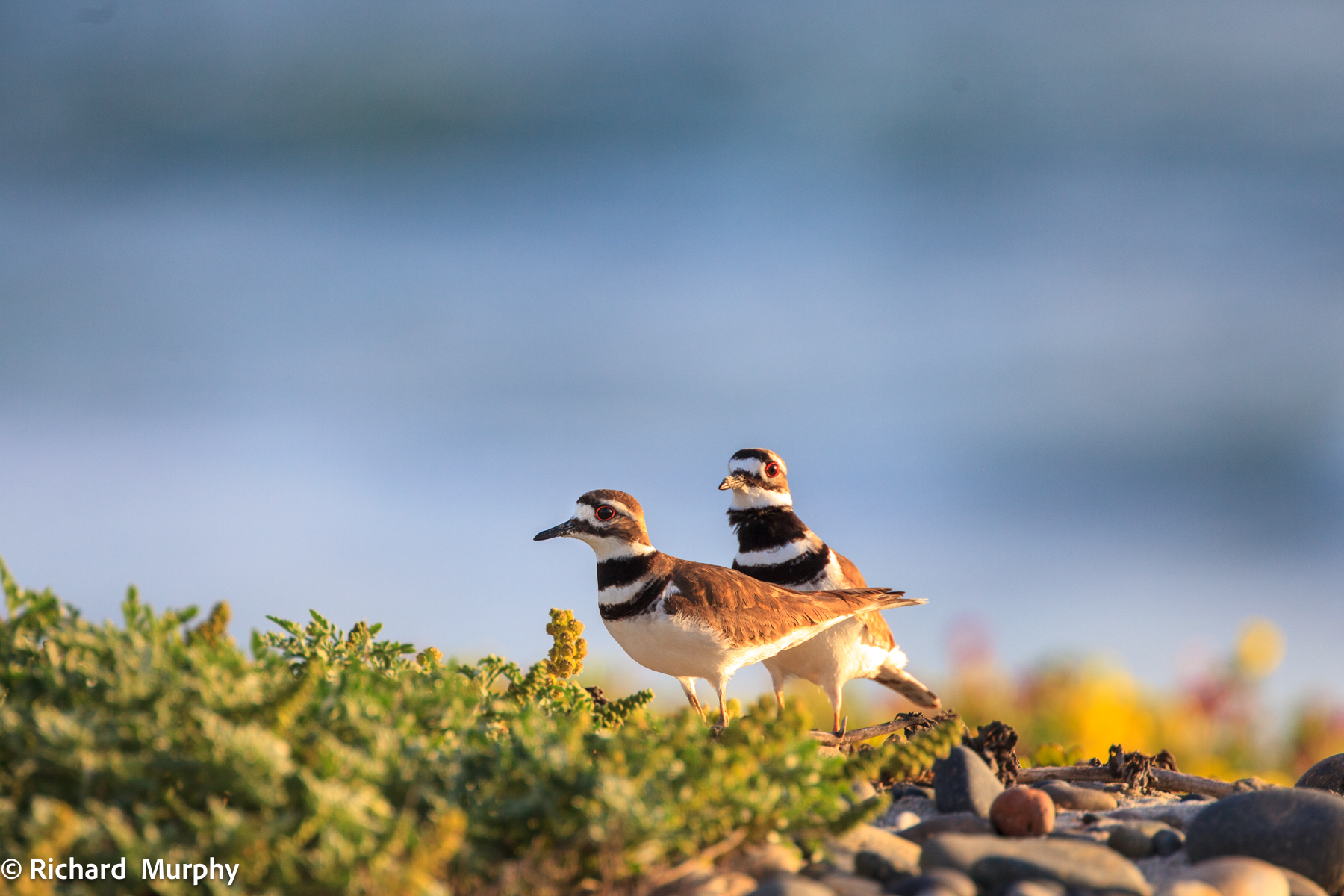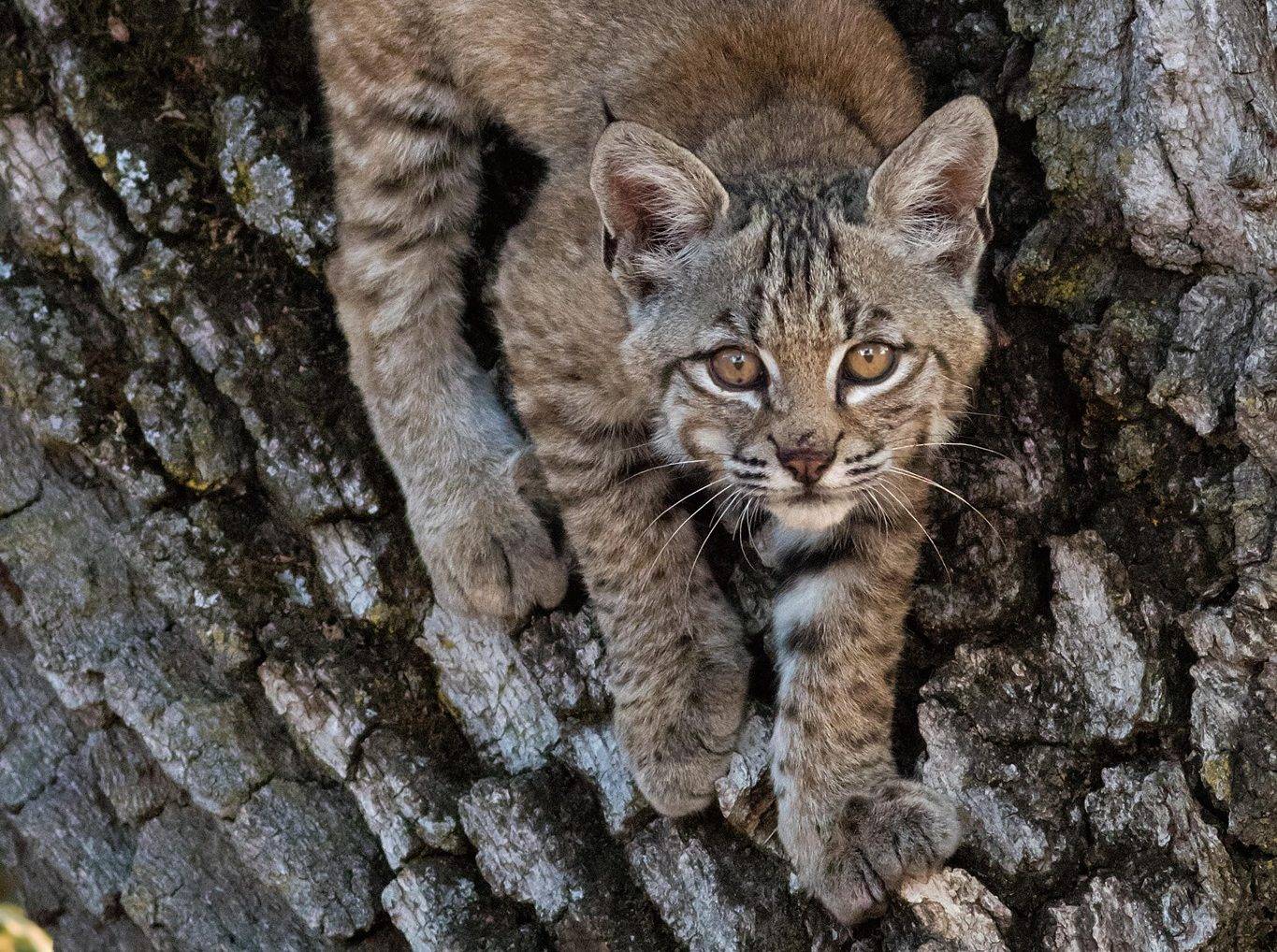
Loudest Creature in the Watershed
The word “panic” comes from the Greek word panikos, which originates from the Greek god of the wild, Pan. Ancient Greeks, frightened by beastly noises in woodlands, would flee in terror. But what’s the most fearsome creature howling through the brush? According to the evidence, it’s…us.
Scientists installed speakers of people talking conversationally to see how the sound of our voice affected wildlife in their natural habitat. They found that simply hearing humans is enough to create a “landscape of fear” that disrupts the natural behavior of wildlife. Our chatter affects a whole slew of species, from tiny animals to mid-sized carnivores and even cougars—an apex predator.
Fear of the human super-predator reshapes animal range patterns, causes some animals to become more nocturnal, reduces foraging time, and makes scaredy-cat cougars abandon their kill and waste a perfectly good meal. And this is on top of the damage we cause via habitat loss, road kills, and predation permits that allow animals to be killed. All the more reason to support conservancies that provide wildlife with quiet nature preserves free from fear.
So the next time you’re frightened by an animal sound in the wild, don’t panic. In most cases, animals truly are more afraid of you than you are of them.


